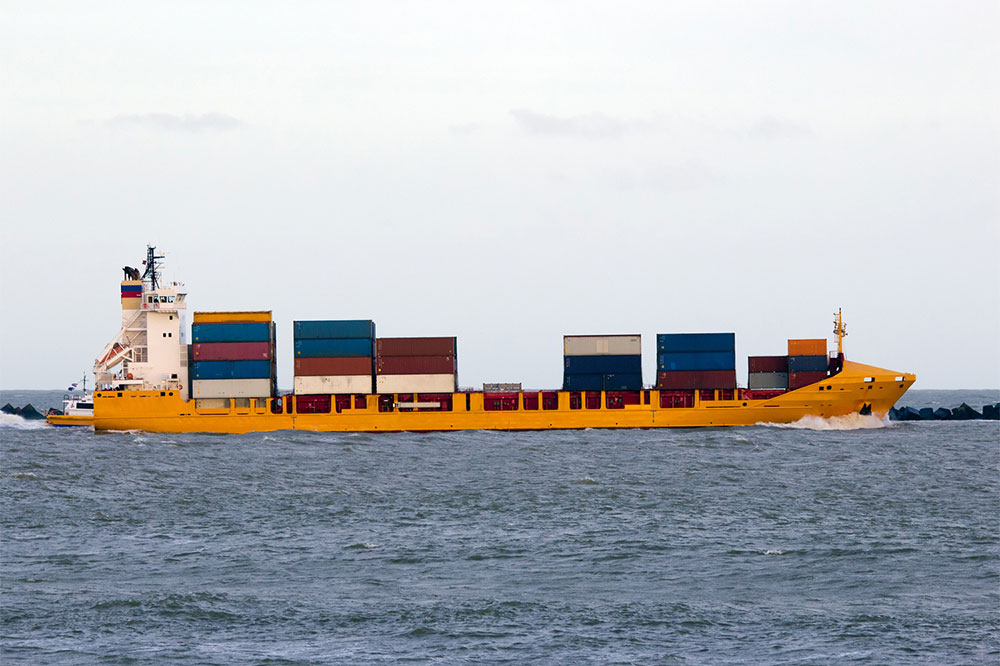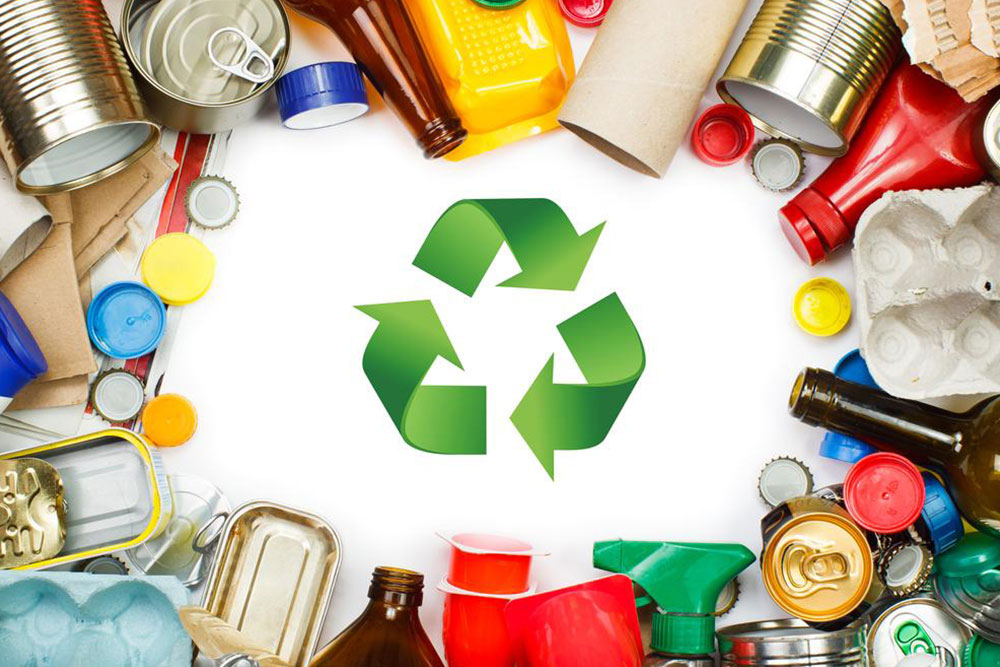The Environmental Hazards of Single-Use Plastic Bags and Their Impact on Global Ecosystems
This in-depth article explores the significant environmental risks posed by single-use plastic bags, including landfill, water pollution, threats to wildlife, and urban flooding. It emphasizes the importance of sustainable waste management solutions, government policies, and individual actions to reduce plastic waste and protect ecosystems worldwide. Understanding these impacts is crucial for fostering environmentally conscious behaviors and policies that promote a cleaner, safer planet for future generations.

Environmental Hazards of Single-Use Plastic Bags and Their Impact on Global Ecosystems
Plastic bags have become an integral part of our daily lives due to their affordability, convenience, and durability. From grocery shopping to packaging needs, these lightweight plastic bags are ubiquitous around the world. However, despite their practicality, their widespread use has led to severe environmental consequences that threaten ecosystems, wildlife, and human health. This comprehensive guide delves into the various ways disposable plastic bags harm our planet, explores the underlying issues related to their disposal, and discusses potential solutions to mitigate their impact.
Landfill Challenges and Recycling Difficulties
Despite being inexpensive and lightweight, plastic bags pose significant challenges in waste management. Made primarily from polyethylene, they are biodegradable over thousands of years, but recycling processes are often inefficient or underfunded. When collected, plastic bags must be properly cleaned and dried to be recycled into new products. Contaminated bags, which often contain food residues or other pollutants, are typically discarded rather than recycled, leading to increased landfill accumulation. Their persistent nature means they occupy space for centuries, contributing to environmental degradation and resource wastage.
Water Pollution and Microplastics Formation
Plastic bags that find their way into oceans, rivers, and lakes rarely decompose completely. Instead, they fragment into microplastics—tiny particles laced with toxic chemicals such as PCBs (polychlorinated biphenyls). These microplastics are ingested by marine animals like fish, shellfish, and marine mammals, introducing harmful substances into the food chain. The ingestion of microplastics by humans through seafood consumption raises health concerns, including potential exposure to carcinogens and endocrine disruptors. Furthermore, floating plastic bags contribute to the formation of plastic islands and harm aquatic ecosystems' health.
Threat to Wildlife and Biodiversity Loss
Wildlife often mistakes plastic bags for food due to their resemblance to jellyfish and other prey. Sea turtles, for example, may swallow floating bags, causing internal injuries, blockages, or death. Birds, marine mammals, and small aquatic organisms can become entangled in plastic bags, resulting in injury, drowning, or suffocation. These interactions disrupt natural behaviors and reproductive cycles, leading to declines in biodiversity. The ingestion and entanglement of plastic debris have been identified as major contributors to wildlife mortality worldwide, highlighting the urgent need for effective waste management strategies.
Flooding and Urban Drainage Blockages
Plastic bags are notorious for clogging drains, sewage systems, and water channels. Because they do not dissolve or biodegrade readily, they accumulate in waterways, leading to blockages that cause urban flooding, especially during heavy rains. This issue is particularly severe in developing regions with inadequate waste collection infrastructure. Flooding not only damages infrastructure and property but also increases the risk of waterborne diseases. Effective waste disposal and public awareness campaigns are crucial to reducing plastic bag pollution and preventing such catastrophic flooding events.
In conclusion, while plastic bags offer convenience, their environmental toll is undeniable. From contributing to landfill overflow and water pollution to endangering wildlife and causing urban flooding, the impacts are far-reaching and severe. Globally, initiatives such as bans on single-use plastic bags, promotion of biodegradable alternatives, and enhanced recycling programs are essential steps toward safeguarding our environment. Citizens, industries, and governments must work together to reduce reliance on disposable plastic bags and foster sustainable waste management practices for a healthier planet.





